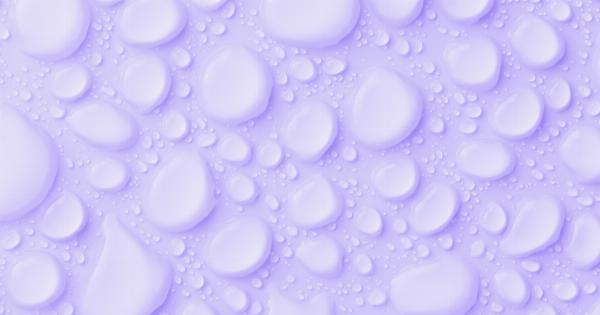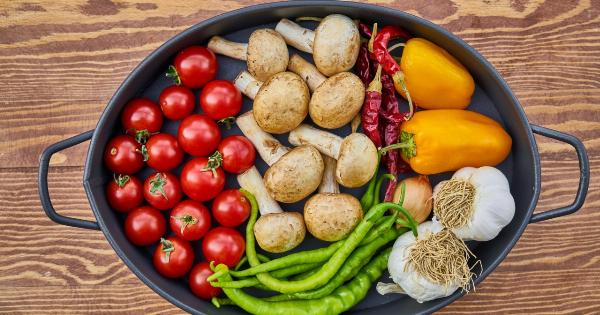Every month, women experience discomfort due to their period. These symptoms include cramping, bloating, headaches, backaches, and mood swings, among others.
While there may be a tendency to resort to medication to alleviate these symptoms, there are also natural remedies you can try through nutrition. In this article, we’ll explore some of the foods and nutrients that can aid in alleviating period symptoms.
Foods That Help with PMS Symptoms
While there’s no one diet that’s fit for everyone, it’s important to focus on eating a balanced diet rich in fruits, vegetables, whole grains, and lean protein. Some specific foods that you can add to your diet to help with PMS symptoms include:.
Bananas
Bananas are rich in vitamin B6, which has been shown to help alleviate symptoms of PMS, particularly depression and fatigue.
The vitamin B6 in bananas helps the body to produce serotonin, which is a neurotransmitter that plays a role in regulating mood, sleep, and appetite.
Cocoa
Cocoa is rich in chemicals called flavonoids, which have been shown to help reduce PMS symptoms. Dark chocolate is a great source of flavonoids, and can also help to improve mood and reduce stress.
Calcium-rich Foods
Calcium has been shown to help reduce PMS symptoms such as cramping, bloating, and mood swings. Some foods that are high in calcium include dairy products, leafy green vegetables like kale and spinach, fortified plant milk, and tofu.
Leafy Greens
Leafy greens such as spinach and kale are rich in magnesium, which has been shown to help reduce cramping and mood swings. Magnesium also helps to regulate nerve and muscle function, and can help to improve sleep.
Salmon
Salmon is a great source of omega-3 fatty acids, which have been shown to help reduce inflammation and improve mood. Omega-3 fatty acids can also help to reduce menstrual cramps, headaches, and fatigue.
Nutrients That Help with PMS Symptoms
In addition to certain foods, there are also specific nutrients that can help to alleviate PMS symptoms. Some of these nutrients include:.
Calcium
Calcium helps to reduce menstrual cramps, bloating, and mood swings.
Magnesium
Magnesium helps to reduce cramping, mood swings, and headaches. It also helps to regulate nerve and muscle function.
Vitamin B6
Vitamin B6 helps to reduce depression and fatigue, and can also alleviate symptoms of bloating and breast tenderness.
Vitamin E
Vitamin E has been shown to help reduce breast tenderness and mood swings.
Zinc
Zinc helps to reduce acne and bloating, and can also help to regulate hormones.
What to Avoid During Your Period
On the other hand, there are certain foods and drinks that you should avoid during your period as they can make symptoms worse or exacerbate cramps. These include:.
Caffeine
Caffeine can increase anxiety, irritability, and can also make cramping worse.
Sugar
Sugar can make mood swings and headaches worse, and can also affect energy levels.
Alcohol
Alcohol can make PMS symptoms worse by increasing irritability and anxiety, and can also affect sleep.
Conclusion
While there’s no magical cure for PMS, using nutrition and natural remedies can help to alleviate symptoms and make your period a bit more manageable.
Eating a balanced diet rich in fruits, vegetables, whole grains, and lean protein, and consuming foods and nutrients that help with PMS symptoms can help make your period less uncomfortable. It’s also important to avoid certain foods and drinks that can make symptoms worse.





























